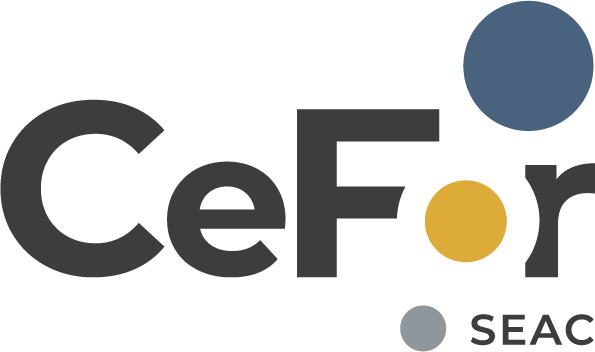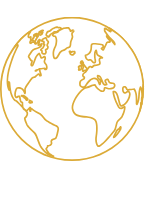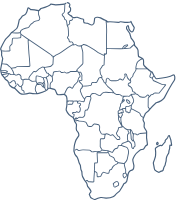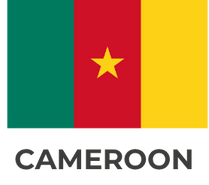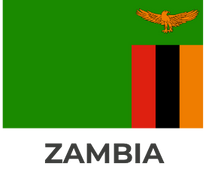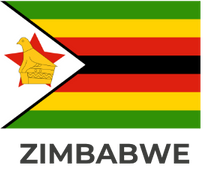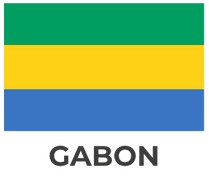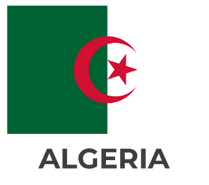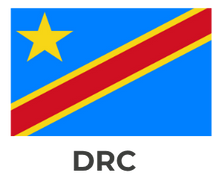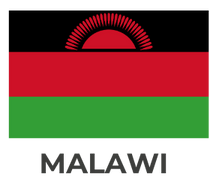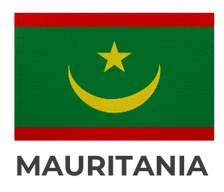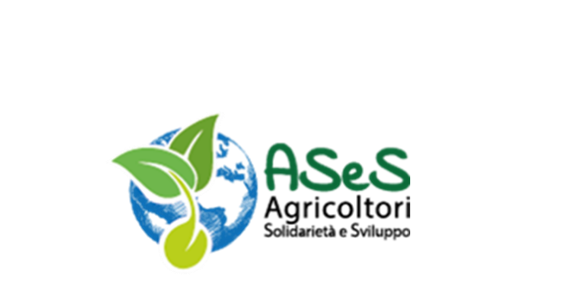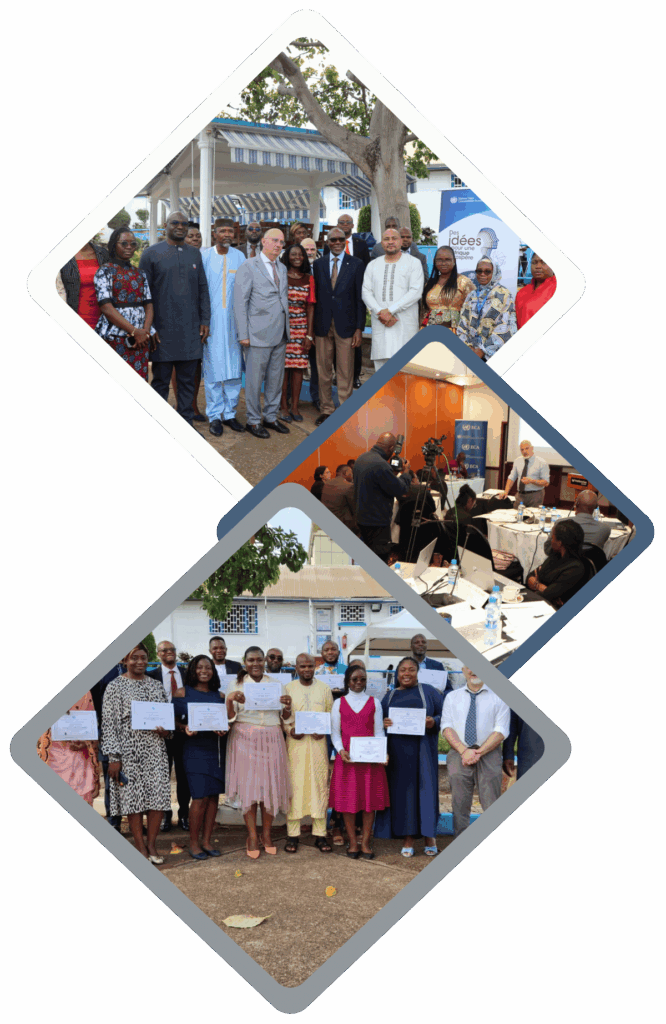- Expert Academy Fiscale
- Formazione per Professionisti
-
-
Area Fiscale
Consolida le competenze in campo contabile e fiscale
- Scopri di più
-
Area Lavoro
Approfondisci temi lavoristici, previdenziali e giuslavoristici
- Scopri di più
-
Area Legale
Aggiornati sulle novità legislative e interpretazioni giurisprudenziali
- Scopri di più
-
Collaboratori e dipendenti
Scopri i percorsi di formazione e aggiornamento per il tuo team
- Scopri di più
-
-
- Formazione Aziendale
-
-
Formazione Aziendale
Potenzia le competenze del tuo team con la Formazione CeforWork e rafforza la tua azienda
- Scopri di più
-
Formazione Tailor Made
Sviluppa la formazione personalizzata su misura per il tuo contesto aziendale
- Scopri di più
-
Formazione Finanziata
Scopri gli strumenti di finanziamento per abbattere i costi della formazione
- Scopri di più
-
Corsi obbligatori
Dalla sicurezza all’apprendistato: assolvi agli obblighi di legge in materia di formazione
- Scopri di più
-
-
- International Projects
